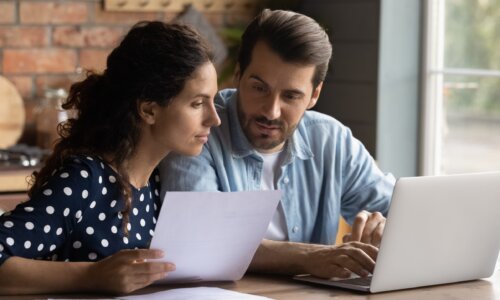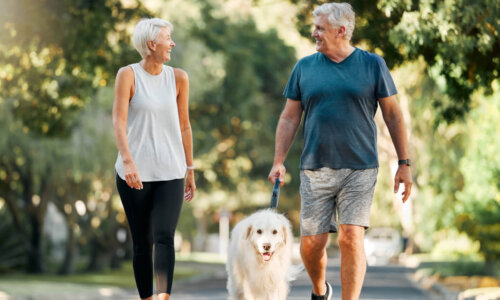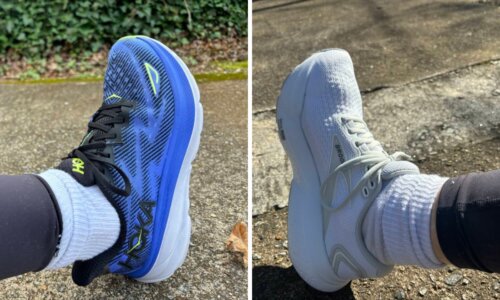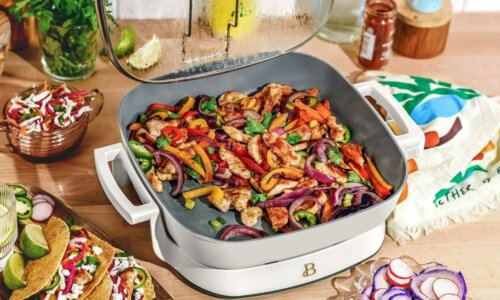The products and services mentioned below were selected independent of sales and advertising. However, Don't Waste Your Money may receive a small commission from the purchase of any products or services through an affiliate link to the retailer's website.
You may have heard the latest buzz about bees — and if you haven’t, be warned that this news will sting a little. The bee population worldwide has declined over recent decades, and while it may not seem like a big deal, bees and other pollinators actually play a crucial role in producing the food we eat.
According to Greenpeace, 70 out of the top 100 human food crops are pollinated by bees. While pollination of grains is typically accomplished by the wind, we rely on bees to pollinate fruits, vegetables and nuts. So, as bee colonies dwindle, it means less food for humans.
That’s the bad news. Here’s the part that’s sweeter than honey: There are simple ways we can help boost the bee population and promote pollination — right in our backyards.
All you need are some wildflower seeds, and now you can get a free packet sent to your house by the Alt National Park Service (AltNPS). Simply fill out the form and select whether you’d like to receive seeds for butterfly milkweed or black-eyed Susans, both of which will produce flowers that attract bees and butterflies.
MORE: These seeded mats grow flowers that attract butterflies to your garden
The AltNPS is an organization of employees from the National Park Service, state parks, local parks, national forests, the EPA, USDA and other agricultural and scientific groups. Their collective mission is to protect our nation’s parks from government legislation and corporate actions that are destroying the environment.
If you’re passionate about saving the bees, AltNPS offers additional guidance for doing our part to help these precious pollinators.
- Never use pesticides on your plants, flowers or produce.
- Learn more about which plants in your region are pollinator-friendly from the Xerces Society.
- Watch pollinators from a distance. Bees won’t harm you if you don’t pester them, and butterflies should be admired — not captured.
- Seek out locally grown and pesticide-free foods, including honey from local beekeepers.
- Contact your local government leaders and tell them to protect pollinator habitats and implement pollinator-friendly policies.
MORE: How to plant and grow a thriving wildflower garden
AltNPS offers another simple way for individuals to protect our natural surroundings: picking up litter. You can request a free clean-up kit and then volunteer to remove litter from national parks or other areas. The kits include:
- Biodegradable trash bags
- Washable gloves
- A reflective vest
- Sunscreen
- A bottle of hand sanitizer and a package of hand sanitizing wipes (dependent upon availability)
- A first aid kit
- A “Restore Our Parks” bumper sticker
These no-cost offerings from the AltNPS are great options to get you started helping our environment—and saving our bees!










